By: subSPAC
EXECUTIVE SUMMARY
- Whole Earth Brands, a sustainable sweetener firm, has seen a slowdown in growth, tightening margins, and rising debt since going public.
- Despite the odds, the company is countering these challenges with a strategy that includes cost reduction, improved distribution, and portfolio expansion.
- A recent buyout proposal from the company’s largest shareholder has added a new dimension to the company’s future.
DETAIL
Whole Earth Brands, a sustainable sweetener firm, has seen a slowdown in growth, tightening margins, and rising debt since going public. Despite the odds, the company is countering these challenges with a strategy that includes cost reduction, improved distribution, and portfolio expansion. A recent buyout proposal from the company’s largest shareholder has added a new dimension to the company’s future. The question then is if Whole Earth Brands should accept the buyout or focus on improving its core business operations?
A Tale of Two Sweeteners
Whole Earth Brands, a developer of plant-based zero-calorie sweeteners, has built a diverse portfolio of brands, including Whole Earth, Swerve, Wholesome, Pure Via, and Equal. The sweetener market has grown steadily, with a CAGR of around 7-8% over the past five years. Still, the company sees a much larger addressable market of $100 billion, with the potential to convert 245 million sugar users to its products.
There’s significant growth potential for sugar substitutes in core markets, with penetration currently at 26%. There’s also a white space opportunity in sugar reduction across adjacent product lines. In addition to sweeteners, the company supplies flavors and ingredients to industries including confectionary, food, beverage, cosmetic, pharmaceutical, and tobacco.
Since going public, Whole Earth Brands has been facing a host of challenges, including inflation-eroding margins, supply chain disruptions across North America, and Forex headwinds. A combination of inflation and declining margins due to recent acquisitions in 2019 and 2020 has hurt the company. Gross margins have slipped from 40% at the end of 2019 to 24% in 2023, with inflation outpacing price increases and new brands diluting average margins.
Further, the company’s net debt ballooned to nearly $413 million by Q1 2023, placing additional pressure on margins due to high-interest expenses in the prevailing high-interest-rate environment. As a result of all of these challenges, the company’s valuation has dipped from $390 million in 2020 when it went public, to $171 million recently.
Sweet Deal?
Over the past few months, Whole Earth Brands has initiated a turnaround strategy with a long-term goal of curbing its escalating net debt. The strategy centers on bolstering free cash flows, particularly crucial in a high-interest-rate environment that amplifies interest expenses and further squeezes margins.
Key initiatives include streamlining the supply chain with strategic partners, SKU optimization, implementing price increases to buffer margins, optimizing net working capital investment levels, and rationalizing SG&A spend, with a particular emphasis on cutting corporate costs. The company has further seen a boost with a non-binding buyout proposal from the company’s largest shareholder, Martin Franklin, who owns 21% of the company.
Franklin’s proposal values the company at $169 million, or around $593 million including debt, with an offer of $4/share. This announcement has sparked investor optimism, causing the company’s stock to surge over 35%, now trading slightly above the offer price at around $4.04/share.
Franklin intends to merge Whole Earth Brands with another consumer company he controls, Royal Oak Enterprises, a charcoal seller. An intriguing factor is the recent appointment of Franklin’s son, Michael, as CEO, suggesting a possible exit strategy for both shareholders and debt holders.
Financials and Valuation
In the first quarter of 2023, Whole Earth Brands saw its revenue increase by 2.8% to $132.4 million compared to the previous quarter. However, net income slipped from a profit of $2.7 million in 2022 to a loss of $19.7 million in 2023, due largely to rising interest expenses, supply chain costs, and shrinking gross margins due to inflation.
For the full year, the company projects revenue between $550 million to $565 million, signifying a growth of 2% to 5% compared to 2022. However, this is slower than the 9% growth achieved from 2021 to 2022. Meanwhile, EBITDA is anticipated to slightly dip to between $76 to $78 million from $79 million in 2022.
The liquidity situation is another point of concern. At the end of the first quarter, the company had substantial loan term debt of $432 million and only $26.6 million in cash.
Despite access to a $76 million revolving credit facility, the current loss rate only affords the company a few quarters to stay afloat before risking bankruptcy. This precarious situation underscores the urgency for Whole Earth Brands to further reduce costs, enhance cash flow, and decrease its debt burden to stabilize its balance sheet.
Bottom Line
Since its public listing in 2020, Whole Earth Brands has been beleaguered by a slew of hurdles, including rampant inflation, decelerating growth, and a daunting debt burden. While the company has forged a strategic turnaround plan focusing on cost-cutting, supply chain optimization, and sales growth, the road to recovery appears arduous and filled with uncertainties. The company finds itself at a crossroads, having received a buyout offer from its largest shareholder, Martin Franklin. This acquisition proposition presents a timely and appealing lifeline, particularly in light of the company’s significant debt load and diminishing cash reserves.
Evaluating the current financial trajectory and operational challenges, it seems that accepting the acquisition offer might serve the best interest of Whole Earth Brands and its shareholders. Such a move could alleviate the company’s immediate financial pressures, while potentially positioning it for a stronger and more stable future within the broader portfolio of Martin Franklin’s controlled businesses. It would also protect the interests of investors, providing them with an exit route in the face of the company’s declining valuation.
—
Originally Posted July 16, 2023 – A Spoonful of Reality
Disclosure: Smartkarma
Smartkarma posts and insights are provided for informational purposes only and shall not be construed as or relied upon in any circumstances as professional, targeted financial or investment advice or be considered to form part of any offer for sale, subscription, solicitation or invitation to buy or subscribe for any securities or financial products. Views expressed in third-party articles are those of the authors and do not necessarily represent the views or opinion of Smartkarma.
Disclosure: Interactive Brokers
Information posted on IBKR Campus that is provided by third-parties does NOT constitute a recommendation that you should contract for the services of that third party. Third-party participants who contribute to IBKR Campus are independent of Interactive Brokers and Interactive Brokers does not make any representations or warranties concerning the services offered, their past or future performance, or the accuracy of the information provided by the third party. Past performance is no guarantee of future results.
This material is from Smartkarma and is being posted with its permission. The views expressed in this material are solely those of the author and/or Smartkarma and Interactive Brokers is not endorsing or recommending any investment or trading discussed in the material. This material is not and should not be construed as an offer to buy or sell any security. It should not be construed as research or investment advice or a recommendation to buy, sell or hold any security or commodity. This material does not and is not intended to take into account the particular financial conditions, investment objectives or requirements of individual customers. Before acting on this material, you should consider whether it is suitable for your particular circumstances and, as necessary, seek professional advice.



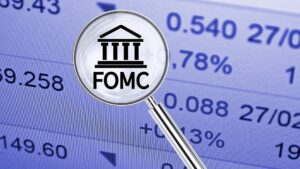




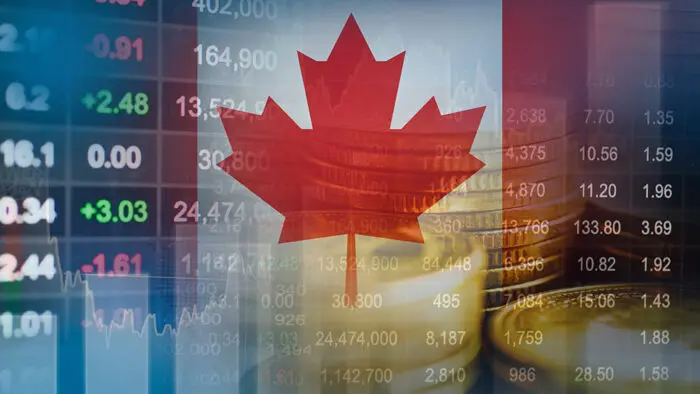
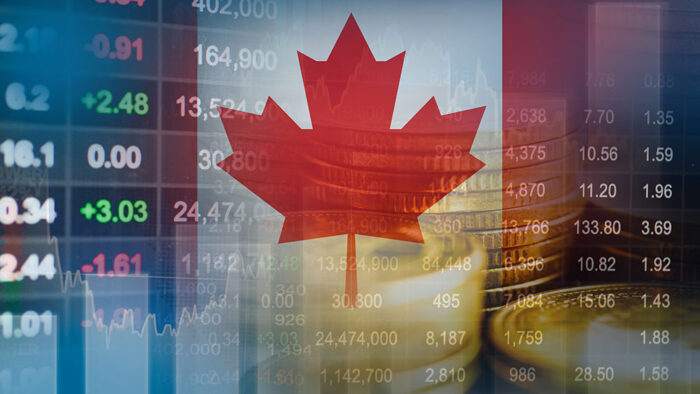


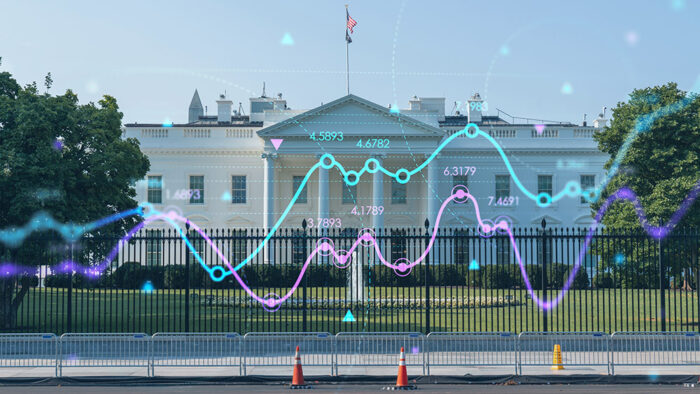



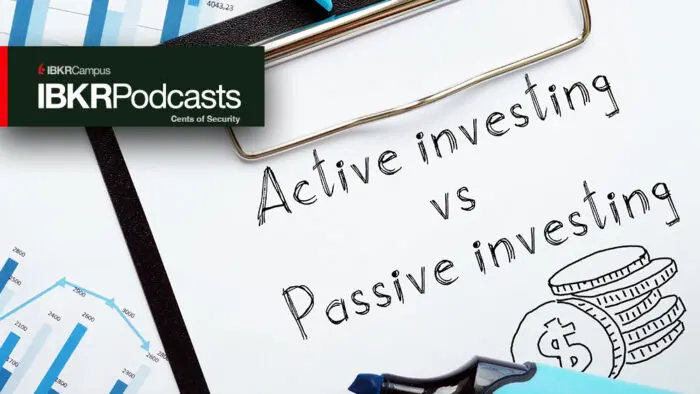
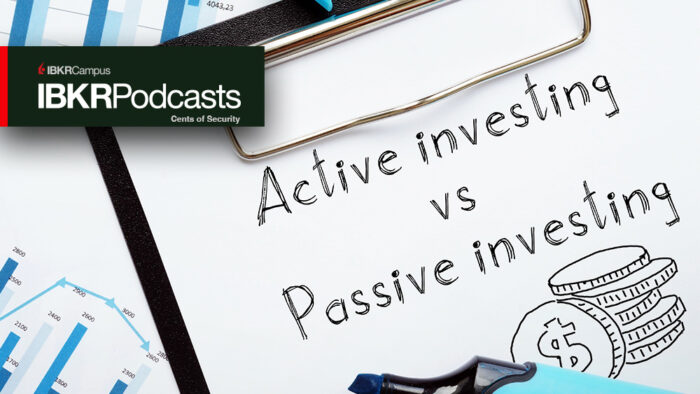











Join The Conversation
If you have a general question, it may already be covered in our FAQs. If you have an account-specific question or concern, please reach out to Client Services.